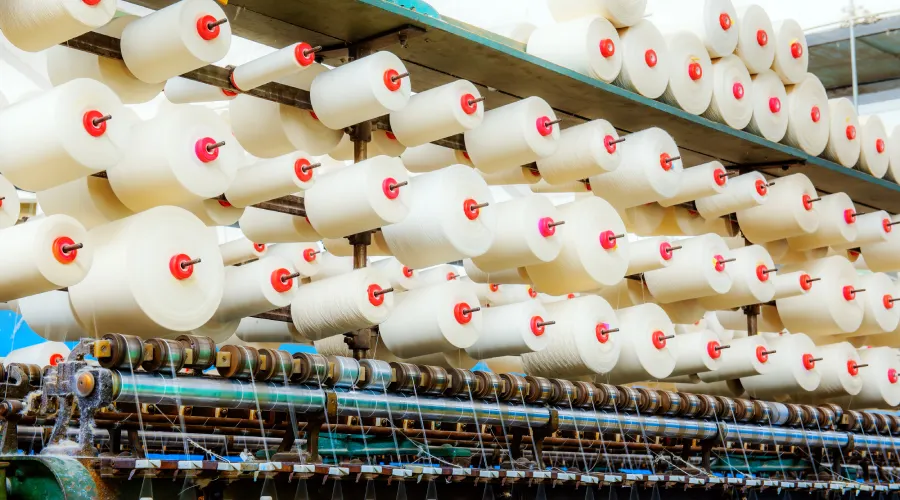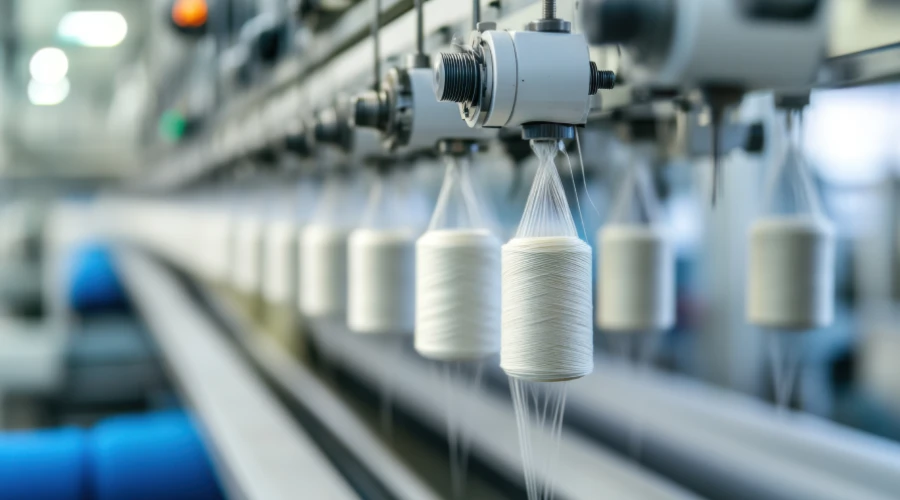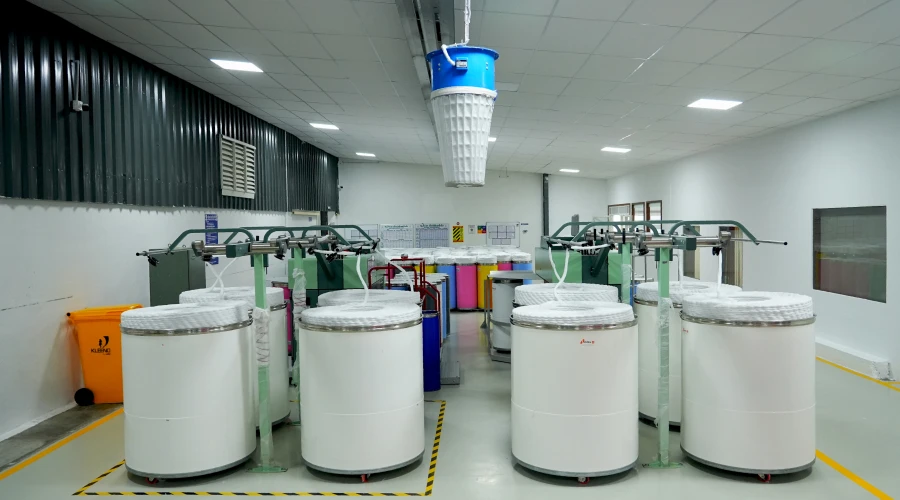
Is Your Yarn Eco-Friendly?
The Truth About Sustainable Spinning
The textile industry is one of the largest contributors to environmental pollution, consuming vast amounts of water, energy, and chemicals. With increasing global awareness, both businesses and consumers are seeking sustainable alternatives that minimize environmental harm.
But here is the real question - Is your yarn eco-friendly?
Let’s uncover the truth about sustainable spinning, explore eco-friendly yarn options, and discuss how businesses can integrate sustainability in their textile production.
What Makes Yarn Eco-Friendly?
Not all yarns are created equal. Some are made with harmful synthetic materials, while others use organic and recycled fibers that reduce environmental impact.
Eco-friendly yarn must meet these key criteria:
- Sustainable Raw Materials - Uses fibers that are biodegradable, renewable, or recycled.
- Low-Impact Production Process - Minimizes water, energy, and chemical usage during spinning and dyeing.
- Reduced Carbon Footprint - Uses energy-efficient spinning methods to cut down emissions.
- Minimal Waste Generation - Encourages recycling and reusing textile waste.
What are your Eco-Friendly Options?
If you're looking to make the switch, here are some of the best eco-friendly yarn choices:
1. Organic & Natural Fibers
These are derived from plants or animals and grown without harmful chemicals.
- Organic Cotton - Grown without pesticides, requires less water.
- Hemp & Linen - Strong, durable, and biodegradable.
- Bamboo Yarn - Fast-growing, renewable, and soft.
- Wool & Alpaca - Natural animal fibers with minimal processing.
2. Recycled Yarn
Recycling helps reduce textile waste and cut down raw material consumption.
- Recycled Cotton - Made from fabric waste, reducing landfill dumping.
- Recycled Polyester (rPET) - Created from post-consumer plastic bottles, reducing plastic waste.
- Regenerated Wool - Old wool garments are reprocessed into new yarn.
3. Low-Impact Dyed & Naturally Dyed Yarn
Recycling helps reduce textile waste and cut down raw material consumption.
- Uses non-toxic dyes and plant-based colors instead of chemical-heavy dyes.
- Reduces water and energy consumption.
- Offers a healthier alternative for textile workers.
4. Zero-Waste & Circular Economy Yarns
Recycling helps reduce textile waste and cut down raw material consumption.
- Some manufacturers use closed-loop systems where water, dyes, and materials are reused instead of being wasted.
- Textile waste is repurposed into new yarn instead of ending up in landfills.
Why Should You Choose Sustainable Yarn?
If you're still wondering why sustainable yarn matters, consider these benefits:
- Reduces Environmental Impact - Lowers pollution, water usage, and textile waste.
- Cost-Effective in the Long Run - Less reliance on raw materials means lower production costs
- Stronger Brand Image - Consumers prefer brands with eco-friendly initiatives.
- Better Product Quality - Natural and recycled fibers often provide higher durability and comfort.
- The textile industry is undergoing a massive shift toward sustainability. Adopting eco-friendly yarn choices today will prepare your business for the future.
Ready to make this transition?
Sustainable spinning has become a necessity now. Consumers, retailers, and manufacturers work together to reduce environmental damage and create a circular textile economy.
By choosing organic, recycled, and low-impact yarns, businesses can ensure higher sustainability, lower costs, and better brand value.
So, is your yarn eco-friendly? It’s time to find out!

